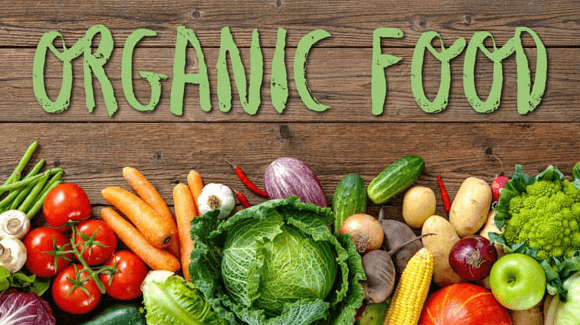It Is Accurate to Say That Organic Food

It Is Accurate to Say That Organic Food embodies a commitment to sustainable agricultural practices invites scrutiny from multiple perspectives. While proponents highlight its benefits, such as enhanced soil health and reduced chemical exposure, skeptics often question the nutritional superiority of organic produce compared to conventional options. This dichotomy raises important considerations about consumer choices and the broader implications for environmental sustainability. As we explore these dimensions, the conversation inevitably turns to whether the perceived advantages of organic food justify its often higher cost, prompting a deeper examination of our values in food consumption.
Definition of Organic Food
Defining organic food necessitates an understanding of its foundational principles, which are rooted in sustainable agricultural practices.
Organic certification is a critical aspect, ensuring compliance with stringent regulations that prohibit synthetic pesticides and fertilizers.
These farming practices emphasize ecological balance, biodiversity, and soil health, promoting a holistic approach to agriculture.
Consequently, organic food represents a commitment to environmental stewardship and consumer choice in food sourcing.
Benefits of Organic Farming
Organic farming offers numerous benefits that extend beyond the immediate agricultural system, influencing environmental health, food quality, and community well-being.
By employing sustainability practices, organic farming enhances soil health, promoting biodiversity and reducing erosion.
These methods not only yield nutritious food but also contribute to ecological balance, fostering resilient ecosystems that support both human and environmental health in the long term.
Read Also Good Food: Slow Cooker Favourites
Potential Drawbacks
While organic farming is often lauded for its environmental and health benefits, it is essential to acknowledge the potential drawbacks associated with this agricultural practice.
Cost implications can render organic products less affordable for consumers, limiting market reach.
Additionally, accessibility challenges arise in regions where organic options are scarce, potentially exacerbating food inequities and restricting the freedom of choice for health-conscious individuals.
Scientific Perspectives on Organic Food
The debate surrounding organic food often hinges on scientific perspectives that evaluate its nutritional value, safety, and environmental impact compared to conventionally grown counterparts.
Research indicates that nutritional comparisons often reveal minimal differences; however, organic farming practices tend to enhance biodiversity and reduce chemical runoff, positively influencing environmental impact.
Ultimately, understanding these scientific evaluations empowers consumers to make informed choices aligned with their values.
Conclusion
In summary, It Is Accurate to Say That Organic Food embodies a commitment to sustainable agricultural practices, promoting ecological balance and soil health. While nutritional benefits may not significantly differ from conventional counterparts, the environmental and community health advantages are compelling. Choosing organic food allows consumers to put their money where their mouth is, supporting responsible food production and fostering a healthier planet. Ultimately, the decision to embrace organic practices reflects a broader understanding of food systems and their impact on future generations.




